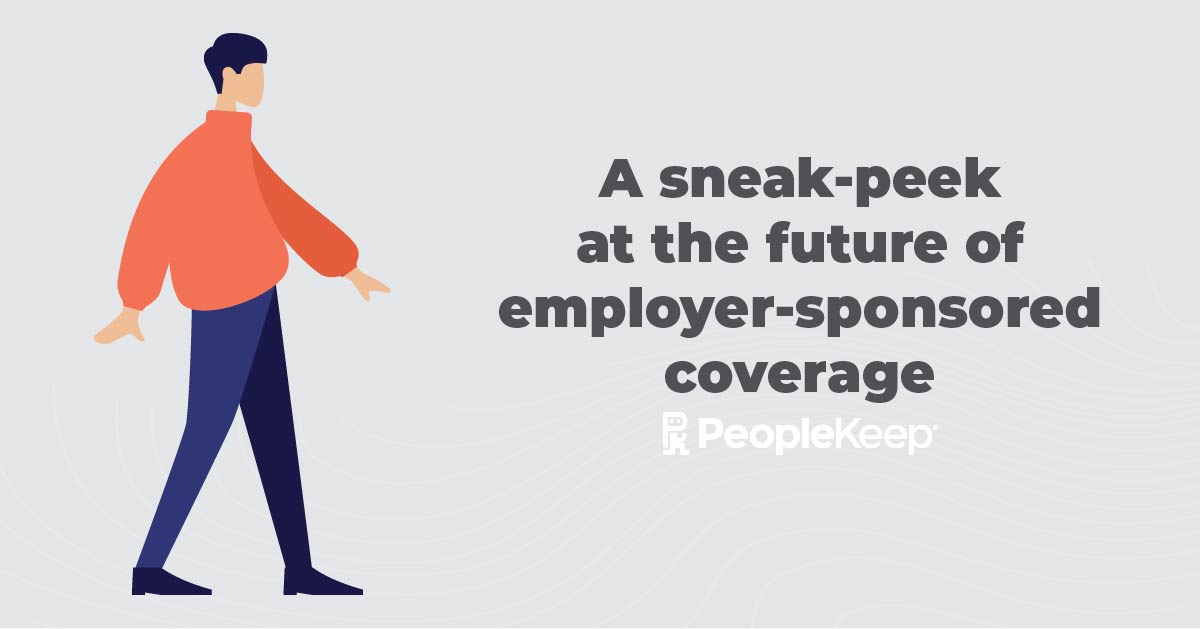ICHRA affordability and premium tax credits
By PeopleKeep Team on July 30, 2020 at 9:35 AM
Editors note: A newer, more detailed version of this blog post is available, called "The ICHRA and premium tax credits: What are the rules?"
On June 13, 2019, the federal government released a final ruling that created a new health reimbursement arrangement (HRA) called the individual coverage HRA (ICHRA). The final rules included guidelines for making coverage under the HRA affordable.
To be considered affordable, the cost of the lowest-cost silver plan must not be more than 9.96% of an employee’s household income in 2026 (9.02% for 2025). If an ICHRA allowance makes the benefit affordable for an employee, it can impact their eligibility for a premium tax credit (PTC), as explained below.
You can use our online ICHRA affordability calculator to easily determine whether an allowance is affordable and get recommendations about whether to opt in or opt out based on your current health coverage status.
How does being offered an ICHRA affect premium tax credits?
When an employee is offered an ICHRA, it can impact their eligibility for the PTC, as follows:
- If an eligible employee is offered an ICHRA allowance that's considered affordable, they automatically become ineligible for a PTC; they have no choice in the matter.
- If an eligible employee is offered an ICHRA allowance that's considered unaffordable, they can opt-out to remain eligible for the PTC.
- If an eligible employee opts into the ICHRA, whether or not it's “affordable,” they automatically forfeit the PTC if they were eligible for it.
Conclusion
ICHRAs are an ideal way for employers to give their employees an allowance they can use to purchase exactly the coverage they need on a marketplace. But it’s important for employers to understand that offering an ICHRA to an employee could cause them to lose their premium tax credit. Our Personalized Benefits Advisors can help you evaluate your circumstances and choose the best option for your organization.
Check out more resources
See these related articles

A sneak-peek at the future of employer-sponsored coverage
Data from the Kaiser Family Foundation reveals how employers feel about the future of employer-sponsored coverage, rising costs, and possible solutions.

Employer and Employee Benefits of Premium Reimbursement Plans PRPs
How does a Premium Reimbursement Plan benefit employers and employees? We outline the facts in this five minute guide.

Federal premium tax credits - Employer coverage FAQs
Premium Tax Credit FAQs and employer coverage. FAQs on the premium tax credit and employer coverage.


